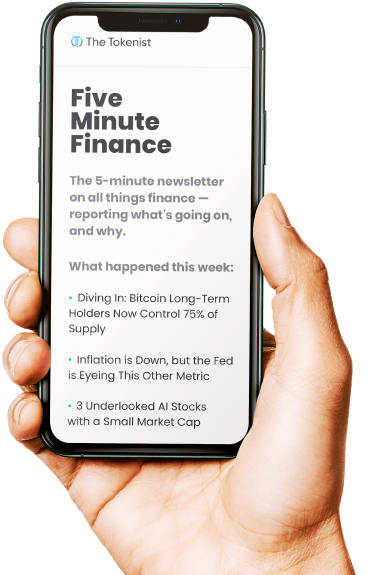
Myanmar’s Military Junta Explores Cryptocurrency as its Economy Shrinks
In mid-December, Myanmar’s shadow government recognized Tether as an official currency. In a bid to confront this, the country’s ruling military regime proposed a blanket ban on crypto. However, given that crypto payments are hard to trace, the ban was not arguably quite effective.
Now, in a more calculated move, Myanmar’s military government is preparing to launch its own digital currency. Officials claim the virtual currency would be used to boost the economy and support domestic payments as its economy struggles since the coup. However, it can also be speculated that the military government aims to undercut the need for Tether with the launch of an official digital currency.
Meanwhile, the country’s economy has been severely impacted by the military coup and is considered to be on the brink of collapse.
Myanmar and Cryptocurrency: A Turbulent History
In early 2021, Myanmar’s junta, a government led by military leaders, came to power after a military coup. The militant group imprisoned Aung San Suu Kyi, Myanmar’s state counselor and de facto leader of the country, a move that led to mass protests and a bloody crackdown by the military that cost the lives of over 1,500 civilians.
In a bid to overturn the military regime, supporters of the country’s ousted leader created Myanmar’s shadow government, dubbed the National Unity Government (NUG). The group started to raise funds for its “revolution” to topple the ruling military government.
In mid-December, the NUG adopted Tether (USDT), the world’s largest stablecoin, as an official currency. It also started accepting donations in Tether, which provoked backlashes from the country’s military regime. Earlier this year, the military regime proposed a ban on cryptocurrencies and even included a prison sentence of up to one year for crypto users.
However, given that cryptocurrencies run on a blockchain, a decentralized public ledger that stores transaction data, they can’t be effectively banned or even tracked. In other words, governments or other parties are not able to link crypto transactions to real-life users—of course, unless they use centralized exchanges with KYC.
Join our Telegram group and never miss a breaking digital asset story.
Ruling Myanmar Government Seeks to Launch its Own Digital Currency
Following a seemingly unsuccessful ban on cryptocurrencies, Myanmar’s military government has now adopted another strategy. The group aims to launch a digital currency in 2022, according to a report by Bloomberg, which cited top spokesman of the State Administration Council.
Major General Zaw Min Tun, who is deputy information minister in the junta, said:
“We are undecided whether we should do it as a joint venture with local companies or by the government alone. A digital currency will help improve financial activities in Myanmar.”
The report did not disclose whether the digital currency would be a central bank digital currency (CBDC), which is a digital iteration of a nation’s fiat currency. “At this point, we are still learning about digital currencies and having discussions. We need to consider both pros and cons,” said Win Myint, the director-general of Central Bank of Myanmar’s currency-management department.
An increasing number of countries from around the globe are developing or considering developing a CBDC. China, for one, has been working on its e-CNY since 2014 and has just recently started trial pilots. According to most recent data, China’s digital yuan app has been used by around 140 million people. However, it still does not have a specific launch date.
Therefore, some analysts believe Myanmar might not have the necessary tools or technology to develop a CBDC. “We think the country is not in the best position to be able to pursue something like this,” said Kim Edwards, the World Bank’s senior economist for Myanmar.
Do you think Myanmar can successfully roll out its digital currency? Let us know in the comments below.


